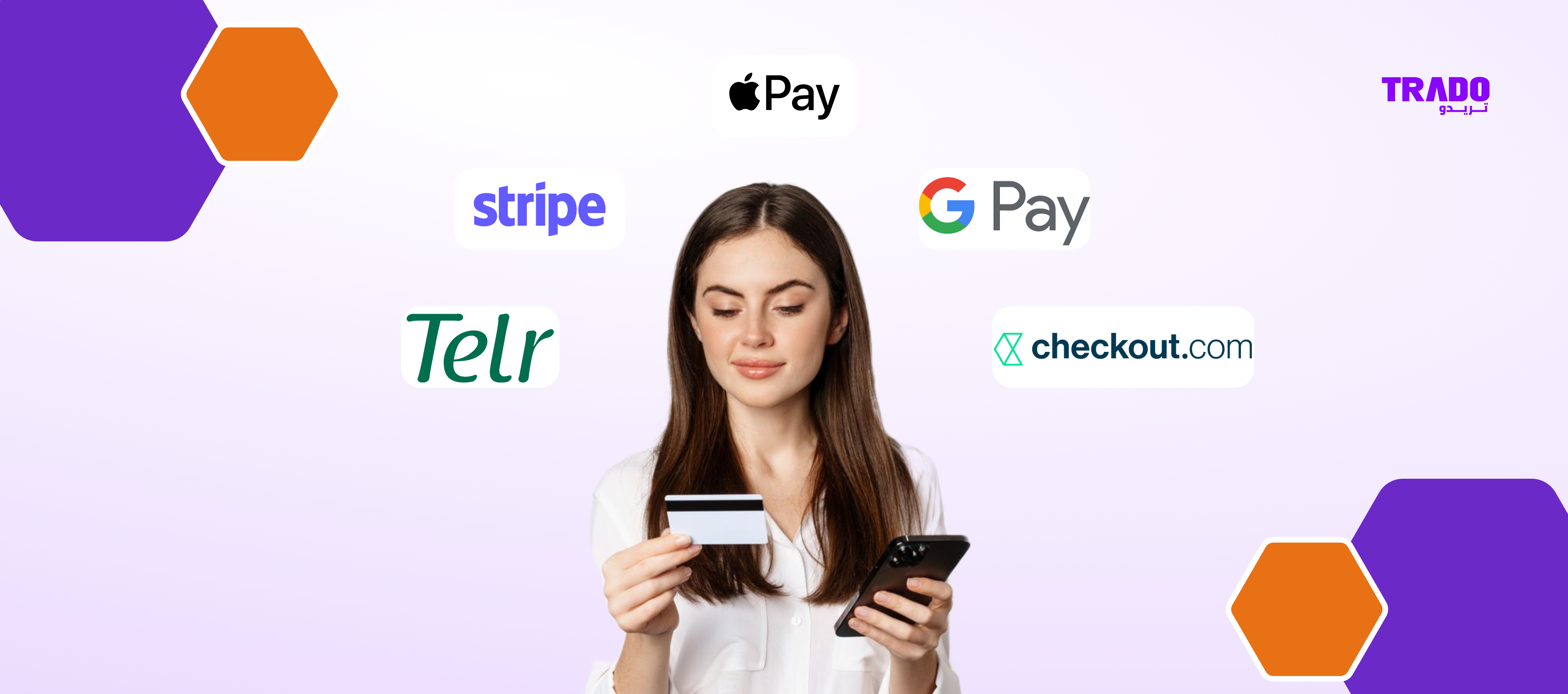As a grocery store owner, understanding payment processing is crucial to your business’s success. Payment processing is the behind-the-scenes process that allows you to accept payments from customers through your grocery store. In this blog post, we’ll provide you with an overview of payment processing and what you need to know to get started.
How payment processing works
Payment processing involves a series of steps that occur when a customer makes a purchase on your online store. Here’s a simplified breakdown of the process:
- The customer places an order on your online store and enters payment information.
- Payment information is securely transmitted to a payment gateway.
- The payment gateway sends the payment information to the customer’s bank for verification.
- The customer’s bank approves or declines the payment.
- The payment gateway sends the payment status to your online store.
- Your online store fulfills the order once payment is approved.
Types of payment methods
There are several types of payment methods that you can offer to your customers. The most common types include credit and debit cards. PayPal, Apple Pay, Google Pay, and bank transfers—cryptocurrency It’s important to offer multiple payment methods to cater to a wider audience and increase customer satisfaction.
Payment security
Payment security refers to the measures taken to protect customers’ payment information from theft or fraud. When a customer makes a purchase on your online store, they are entrusting you with their sensitive payment information, such as credit card numbers, expiration dates, and security codes. It is your responsibility to ensure that this information is kept safe.
To ensure payment security, you should:
Use a secure payment gateway. A payment gateway is a service that securely processes credit card payments. Make sure that your payment gateway is secure and compliant with Payment Card Industry Data Security Standards (PCI DSS).
Use SSL encryption. SSL encryption is a security protocol that encrypts data transmitted between a customer’s browser and your online store. Make sure that your online store is SSL-encrypted to protect your customers’ payment information.
Payment processor
A payment processor is a third-party service that handles the payment transactions in your online store. When a customer makes a purchase, the payment processor securely processes the payment and transfers the funds to your merchant account. When choosing a payment processor, consider factors such as:
Fees: Payment processors charge a fee for each transaction. Compare fees to find a payment processor that fits your budget.
Payment methods: Different payment processors offer different payment methods. Make sure that the payment processor you choose offers the payment methods that your customers prefer.
Security: Look for a payment processor that is compliant with PCI DSS and offers fraud detection tools.
Customer support: Choose a payment processor that provides excellent customer support in case you need help with payment processing issues.
By understanding payment processing, you can ensure that your online store is equipped to accept payments securely and efficiently. TRADO software equips your online store with local and regional payment gateway company that use the lowest payment and also ensure security when your customers make payments online




